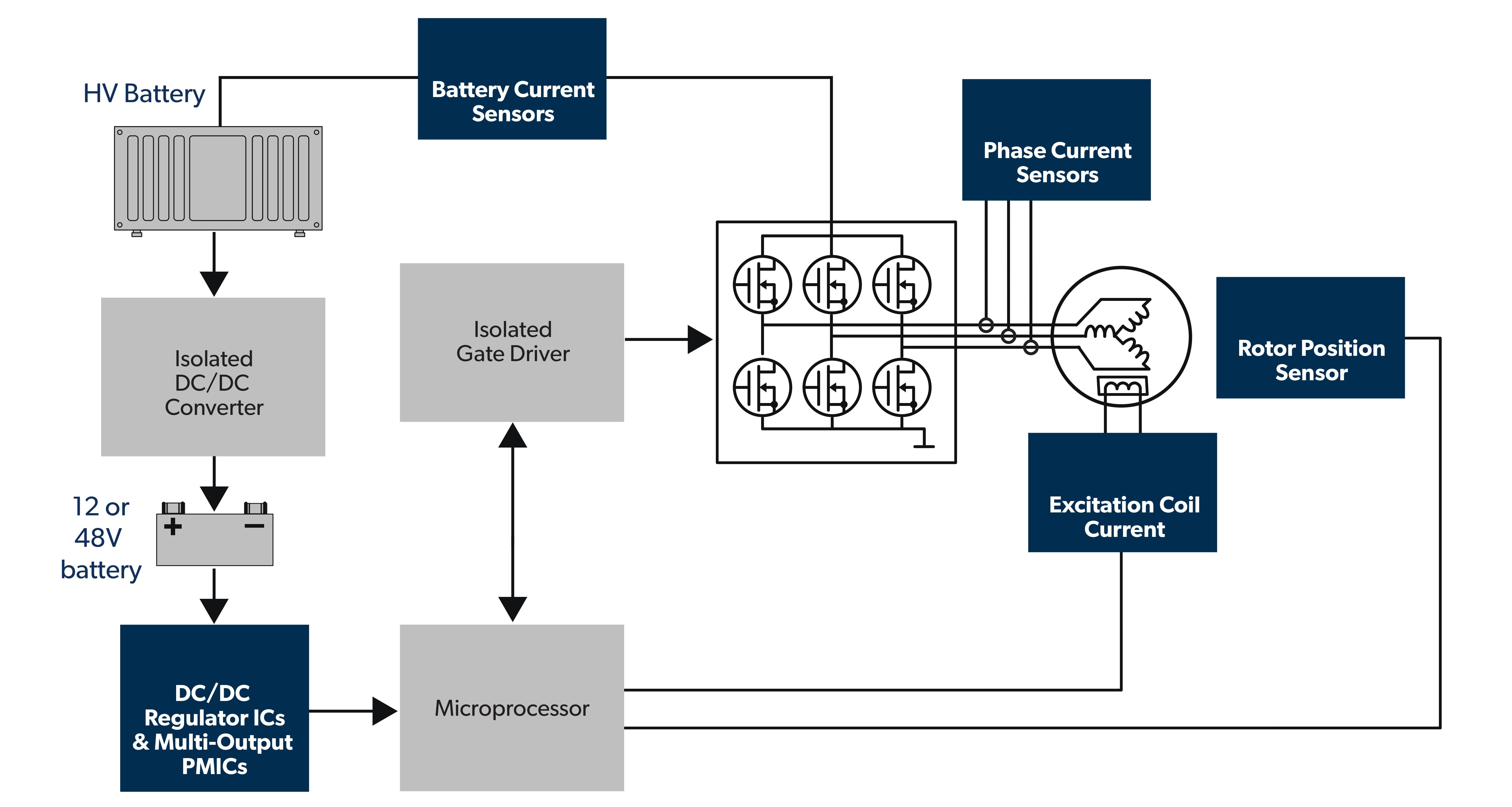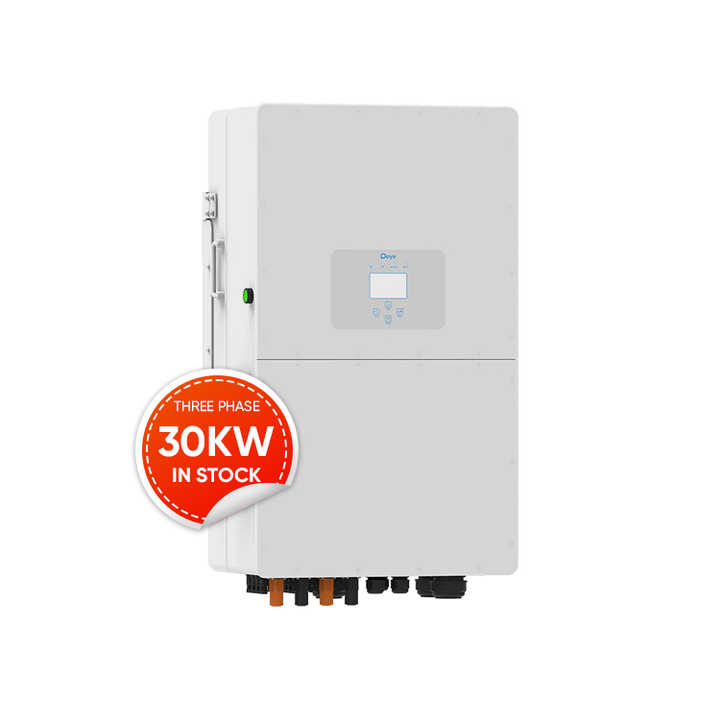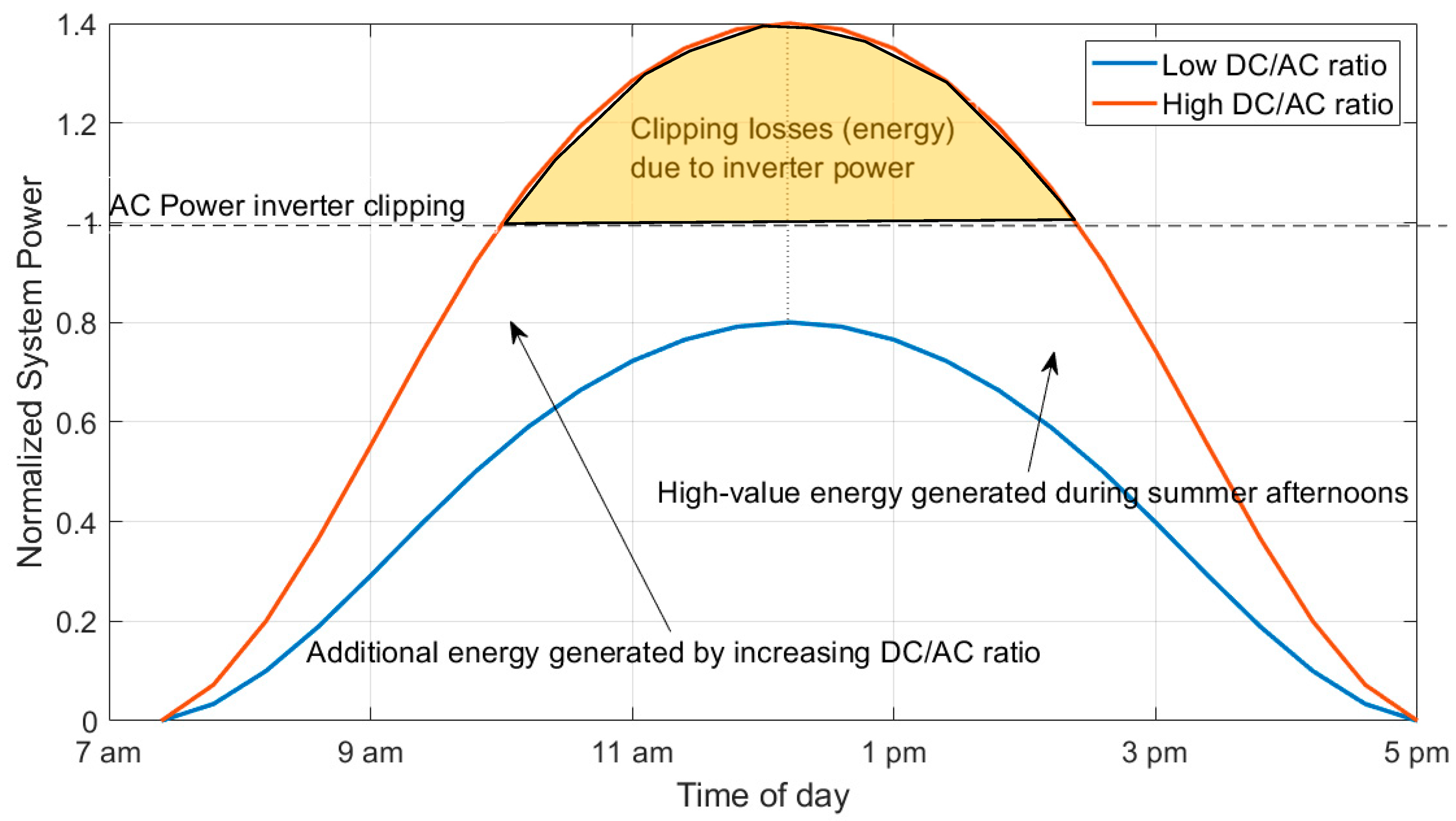Build A Tips About Are Higher Voltage Inverters More Efficient

Unlocking the Secret
So, you're pondering the inverter question, huh? Specifically, whether that higher voltage option is worth the extra cash. Its a valid question! We all want to squeeze every last drop of efficiency (and savings!) out of our systems, be it solar panels on the roof or a fancy new energy storage setup. Let's dive into the world of inverters and voltage to see if we can illuminate the truth. Because honestly, nobody wants to be throwing money away, least of all on something as techy as power conversion. Its like buying that super-deluxe coffee maker with all the bells and whistles, only to find out it makes the same coffee as the cheap one. Lets avoid that scenario, shall we?
Think of voltage like water pressure in a pipe. Higher pressure (voltage) means you can push more water (electricity) through a smaller pipe (wire) without losing as much water (energy) to friction. In the world of inverters, this translates to potentially less energy lost as heat during the DC-to-AC conversion process and in transmitting that AC power over distances. Now, before you rush out and buy the highest voltage inverter you can find, there's more to the story.
Inverters are, at their heart, translators. They take the direct current (DC) electricity generated by things like solar panels or stored in batteries and convert it into alternating current (AC) electricity that your home appliances can actually use. This conversion isn't perfect. Some energy is inevitably lost in the process, mostly as heat. The question is, can a higher voltage inverter minimize those losses enough to justify any potential extra expense?
And speaking of expense, remember that the inverter is only one piece of the puzzle. You also have to consider the wiring, the size of your solar array (if that's the application), and even the regulatory requirements in your area. It's a bit like trying to decide whether to buy a sports car or a minivan — it depends entirely on what you need it for!
1. Delving Deeper
Alright, let's get a little more technical, but I promise to keep it (mostly) painless. Higher voltage inverters often mean lower current for the same amount of power being transferred. Lower current equals less heat loss in the wires. Think of it like this: a thin stream of high-pressure water can clean a sidewalk just as well as a wide, low-pressure stream, but it uses less water overall. Similarly, a higher voltage, lower current system can deliver the same amount of power with less wasted energy.
This advantage becomes particularly noticeable over longer distances. If you're running power from a solar array on your barn roof to your house across the yard, that voltage boost can make a real difference in reducing energy loss. Otherwise, you're essentially heating up the wires as you send the electricity, which is about as useful as heating your house with dollar bills.
However, its important to note that the actual efficiency gains depend on various factors. The quality of the inverter itself plays a massive role. A poorly designed high-voltage inverter might still be less efficient than a well-designed lower-voltage one. It's all about the engineering, baby!
Also, consider the cost of upgrading other components to match the higher voltage. You might need different wiring, different connectors, and potentially different protection devices. These costs can quickly eat into any potential savings from the increased efficiency.

Sorting Fact from Fiction
The idea that higher voltage inverters are always more efficient is a bit of a myth. It's more accurate to say that properly implemented higher voltage systems can be more efficient in certain situations. The devil, as always, is in the details.
Manufacturers often tout impressive efficiency numbers, but these are usually measured under ideal conditions in a laboratory. Real-world performance can vary significantly depending on factors like temperature, load, and the quality of the installation. Its a bit like those car commercials that advertise amazing gas mileage — you only get those numbers if you're driving downhill with a tailwind and never touching the brakes.
Furthermore, the efficiency gains might be so small that they don't justify the added expense of a higher voltage system. Imagine spending an extra thousand dollars on an inverter, only to save five dollars a year on your electricity bill. Thats a payback period that stretches longer than the lifespan of most appliances. Not exactly a winning proposition.
So, how do you cut through the marketing hype and figure out what's actually best for you? That's where a qualified installer comes in. They can assess your specific needs, analyze the potential benefits of a higher voltage system, and provide a realistic estimate of the return on investment.
2. Crunching Numbers
Let's imagine a hypothetical scenario: You're installing a solar panel system on your roof, and you have the option of using a 48V inverter or a 96V inverter. The 96V inverter costs $500 more, but the manufacturer claims it's 2% more efficient.
Now, let's say your system generates 10,000 kilowatt-hours (kWh) of electricity per year. A 2% efficiency improvement translates to saving 200 kWh per year. At an electricity rate of $0.20 per kWh, that's a savings of $40 per year. At that rate, it will take over 12 years to recover the extra cost of the higher voltage inverter. Does that sound like a worthwhile investment? Maybe, maybe not. It depends on your personal financial situation and your tolerance for risk.
However, consider that a more efficient system also means less heat generated, which could translate to a longer lifespan for the inverter. Inverters are not cheap, if you were to replace them you can expect to pay a pretty penny. That alone could justify the higher initial cost.
And dont forget about potential future increases in electricity rates. If the price of electricity goes up, those savings will become even more significant. It's all about playing the long game, and making educated predictions.

Deye High Voltage Inverters 30kw 40kw 50kw 3 Phase On Off Hybrid Solar
Making the Right Choice
The ultimate answer to the question of whether higher voltage inverters are more efficient is, frustratingly, "it depends." It depends on your specific application, your budget, your risk tolerance, and a whole host of other factors.
For smaller, residential solar systems with short wire runs, the efficiency gains from a higher voltage inverter might be negligible. In these cases, the added cost might not be worth it. It's like buying a Ferrari to drive to the grocery store — sure, it's technically possible, but it's probably overkill.
However, for larger systems, especially those with long wire runs or those powering sensitive equipment, the increased efficiency of a higher voltage system could be a significant advantage. In these cases, the added cost might be easily justified. Think of it like investing in a good pair of hiking boots before climbing a mountain — it's an investment that will pay off in the long run.
And finally, don't underestimate the value of professional advice. A qualified installer can help you assess your needs, evaluate the potential benefits of different inverter options, and make an informed decision that's right for you.
3. Beyond the Hype
Remember that higher voltage systems can also present additional safety challenges. Working with higher voltages requires specialized training and equipment. Always hire a qualified electrician for any electrical work, and never attempt to work on electrical systems yourself unless you have the necessary expertise. Safety should always be the top priority. Think about it, getting hurt to save a few bucks is just not worth it in the long run.
Also, be sure to check local building codes and regulations before installing any electrical equipment. Some jurisdictions might have specific requirements for voltage levels or safety features. Compliance with these regulations is essential to ensure the safety and legality of your system.
Furthermore, consider the long-term reliability and maintenance requirements of the inverter. Some inverters might require more frequent maintenance or have a shorter lifespan than others. Be sure to factor these costs into your overall decision.
Ultimately, choosing the right inverter is a balancing act. You need to weigh the potential benefits of higher voltage against the added costs and risks. And remember, there's no one-size-fits-all solution. The best inverter for you is the one that best meets your specific needs and circumstances.

Which Is Better Low Frequency Or Highfrequency Inverter? RayPCB
FAQ
Still scratching your head? Here are a few frequently asked questions to help clear things up:
4. Q
A: Not necessarily. While a higher voltage inverter can improve efficiency, the actual savings depend on factors like your electricity usage, the size of your system, and the quality of the installation. Dont expect a miracle reduction, but a good system design can help significantly!
5. Q
A: Potentially, yes. Higher voltage systems require specialized training and safety precautions. Always hire a qualified electrician for any electrical work to minimize the risk of accidents. Messing with high voltage without the right knowledge is like juggling chainsaws — best left to the professionals.
6. Q
A: Consult with a qualified installer! They can assess your specific needs, analyze the potential benefits of different inverter options, and provide a realistic estimate of the return on investment. Think of them as your inverter guru, guiding you through the maze of technical specifications and marketing claims.

